A WRITER'S WIT |
My Book World
I'VE MADE IT MY GOAL to read the entire oeuvre of late British-American author, Christopher Isherwood, over a twelve-month period. This profile constitutes the last in a series of twenty-four. The task has taken me a bit longer than a year, but the fruits of my labor have been many. To read all the works of an author like Isherwood is to know him, as much as anyone can know a writer. To read all his works—fiction, nonfiction, dramatic, travel, diary—is to know that writers can stretch. They are not saddled with the same genre, and each experience adds depth when they return to the genres they're more comfortable with. Most of all, writers can begin in their twenties and continue to write all their lives. RJ
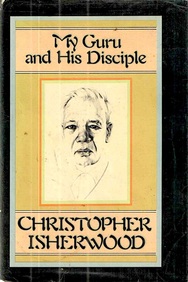
His Disciple. New York: Farrar, 1980.
In his final book Isherwood attempts to chronicle his struggle to be an adherent of the Hindu religion. Over the many decades of study he is not always successful, and yet there are times in which he attains a certain level of satisfaction—particularly concerning his relationship with Swami, his guru. Importantly, Isherwood seems never to stop struggling, and the last two paragraphs of his book capture his feelings:
“Meanwhile, my life is still beautiful to me—beautiful because of Don, because of the enduring, fascination of my efforts to describe my life experience in my writing, my fellow travelers on this journey. How I wish I were able to reassure them that all is ultimately well—particularly those who are quite certain that it isn’t; that life is meaningless and unjust! I can’t reassure them, because I can’t speak with the absolute authority of a knower.
All I can offer them is this book, which I have written about matters I only partially understand, in the hope that it my somehow, to some readers, reveal glimpses of inner truth which remain hidden from its author” (338).

At new prices. Paper: $10.75 | £7.75 | €8.50 Kindle: $2.99
Introduction to My Long-Playing Records
"My Long-Playing Records" — The Story
"A Certain Kind of Mischief"
"Ghost Riders"
"The Best Mud"
"Handy to Some"
"Blight"
"A Gambler's Debt"
"Tales of the Millerettes"
"Men at Sea"
"Basketball Is Not a Drug"
"Engineer"
"Snarked"
"Killing Lorenzo"
"The Age I Am Now"
"Bathed in Pink"
Listen to My Long-Playing Records Podcasts:
"A Certain Kind of Mischief"
"The Best Mud"
"Handy to Some"
"Tales of the Millerettes"
"Men at Sea"
"My Long-Playing Records"
"Basketball Is Not a Drug"
"Snarked"
"Killing Lorenzo"
"Bathed in Pink"
Also available on iTunes.

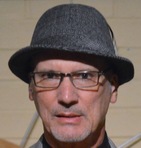
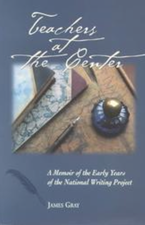

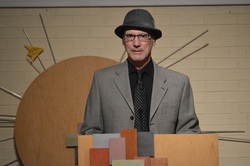

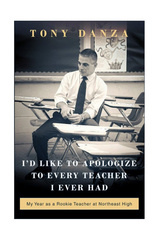













 RSS Feed
RSS Feed